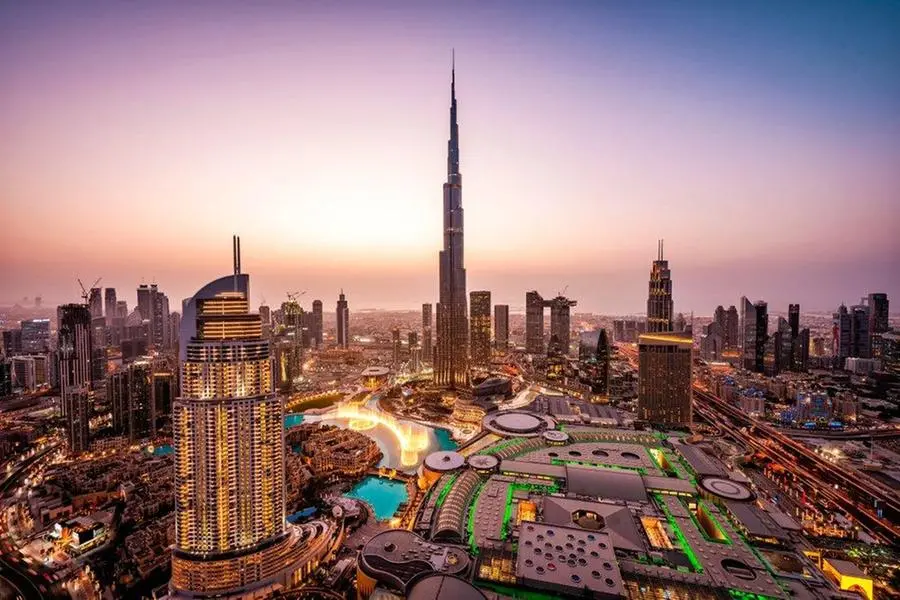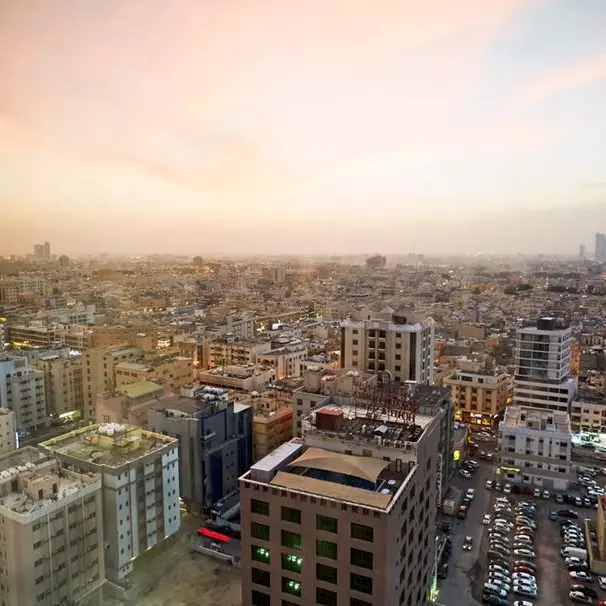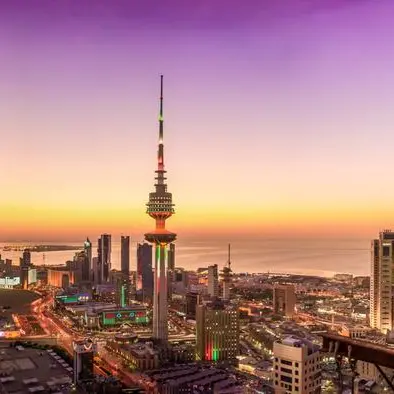PHOTO
Have you been worried about your household expenditures overshooting your monthly budgets? You are not alone. Almost half of UAE residents say the 'cost of living' is the leading cause of stress, followed by personal and family financial concerns, according to a survey.
Unfortunately, this concern will persist unabated as residents brace for escalating costs this year. Here's a look at the things that will add to your cost of living in 2024:
1. Higher rents
Rents take the biggest bite out of residents' salary, and according to experts rents in Dubai will continue to rise in 2024. This year, prime residential areas will witness up to 20 per cent rental hike after a year of remarkable upswing estimated to be in the range of 23-30 per cent.
Property experts predict the trend is due to multiple reasons, including increased investor appetite, rising influx of professionals, population surge, and the city’s growing appeal as a haven for the wealthy.
The commonly preferred areas for apartments are Dubai Marina, Jumeirah Village Circle, Business Bay, Downtown Dubai, and Jumeirah Lake Towers. For villas, Dubai Hills, Al Barsha, Jumeirah, and Damac Hills are the most popular areas. Based on the demand and popularity, it is expected that these areas will command higher rental growth in the coming years.
Abu Dhabi’s real estate sector is advancing through a phase of strategic expansion and maturity and is poised to experience steady growth in 2024 with residential capital values expected to rise between 3% and 5%, according to ValuStrat.
Residential rents in the UAE capital are anticipated to experience modest increments in both villa and apartment sub-markets during 2024.
2. Remittance fees
Residents sending money home through money exchange houses will now have to pay higher service fees. Expatriates remitting money from the UAE will pay 15 per cent more, which equates to Dh2.5.
Fee hike will take place for remittance services provided through physical branches of the exchange houses. However, fees for mobile apps users will likely remain unchanged or even reduced to maintain digital competitiveness.
The UAE is one of the world's largest remittance markets, with most of the remittances flowing to India, Egypt, Pakistan, Bangladesh, the Philippines and other Asian and Middle Eastern countries.
3. Salik tolls
Motorists using key Dubai road will spend more on Salik from November 2024 as the transport authority announced new toll gates in the city – one located at Business Bay Crossing on Al Khail Road and the other one at Al Safa South on Sheikh Zayed Road between Al Meydan Street and Umm Al Sheif Street.
Each time a vehicle passes through a Salik gate, a toll fee of Dh4 is automatically deducted from the motorist’s prepaid account. The two new toll gates increases Salik’s total number of toll gates in Dubai from eight to ten.
The new toll gate will not only affect car owners' month expenses but also commuters using taxis. Every time a taxi passes under a Salik gate, Dh4 is added in the final fare. This additional expense will definitely put pressure on the monthly household budget.
4. Paid parking
Shoppers now enjoying free parking at Dubai Mall will soon have to pay for the service. Salik, the toll gate operator, will implement a barrier-free system for the paid parking service at the mall, expected to be operational by the third quarter of 2024.
Emaar Malls is yet to define charges for the more than 13,000 parking spaces, but fees will be deducted from the Salik user account.
A camera will capture the plate number as it enters the parking floor and will record the entry time. At the exit, the camera will again scan the plate number and the system will calculate the parking time.
5. Gold
Gold prices in the UAE are expected to rise or stay on the higher side in 2024 as interest rates will come down, pushing funds to commodities. Economic and geopolitical uncertainty tend to be positive drivers for gold, which is widely seen as a safe-haven asset due to its ability to remain a reliable store of value.
The conflict in the Middle East, the Red Sea attacks, the Russia-Ukraine war and uncertainty from elections in major economies, and central bank purchases led by China will also boost precious metal bullion's appeal in 2024, analysts predicted.
6. Standard of living
Commodities are unlikely to benefit from core inflation in 2024. Inflation in the UAE is expected to increase in 2024, albeit at a slower pace than last year, as the economy continues to expand at a good pace.
According to Emirates NBD Research, the consumer price Index (CPI) in the UAE is expected to increase by 3.0 per cent this year as compared to 3.5 per cent last year. The increase in prices is mainly attributed to global geopolitical issues, the rising population in the country and supply chain challenges.
Copyright © 2022 Khaleej Times. All Rights Reserved. Provided by SyndiGate Media Inc. (Syndigate.info).





















